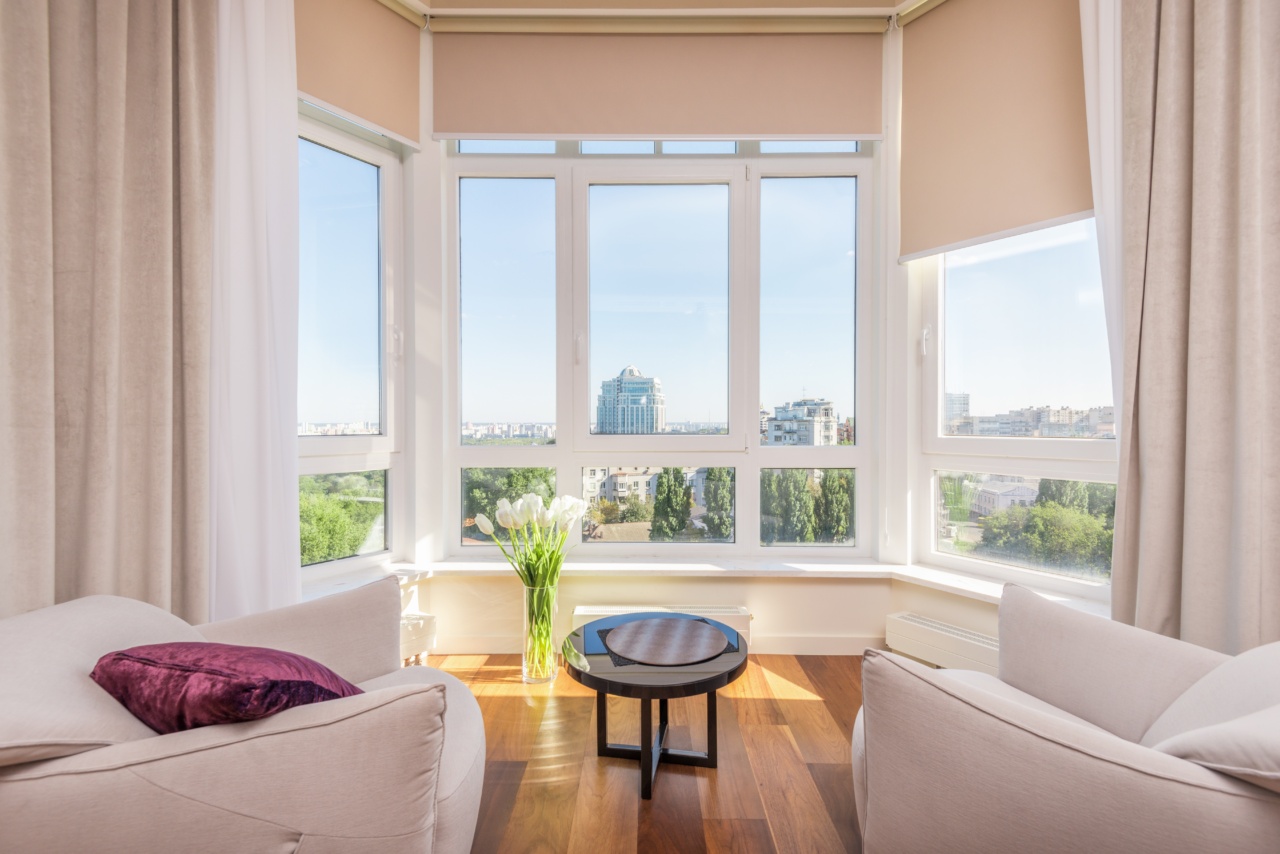Si Jou is a remarkable breed of dog that is known for its tiny size, potent personality, lively demeanor, and remarkable ability to accommodate allergies.
This breed is gaining popularity among dog lovers due to its unique characteristics and exceptional adaptability. In this article, we will explore the fascinating world of Si Jous, their traits, care needs, and how they make an excellent choice for allergy sufferers.
Origin and History
The Si Jou, also known as the “Little Lion Dog,” originated in China over 2,000 years ago. They were highly regarded by Chinese nobles and often found in the palaces and luxury homes of the aristocracy.
This breed is believed to be a cross between a Tibetan Terrier and a Pekingese, resulting in the distinctive lion-like appearance.
Physical Characteristics
Si Jous are small dogs, typically weighing between 8 to 14 pounds (3.5 to 6.5 kilograms). They have a sturdy and compact body, with a long, flowing mane of hair that gives them their lion-like appearance.
Other notable physical features include a flat, pushed-in face, large expressive eyes, and a plumed tail that curls elegantly over their back.
Temperament and Personality
Despite their small size, Si Jous have a bold and confident personality. They are known for their lively and playful nature, making them excellent companions for families and individuals alike.
Si Jous are incredibly adaptable and are equally content in an apartment or a spacious home.
Si Jous are intelligent and eager to please, making them relatively easy to train. They are typically friendly towards strangers, which makes them poor guard dogs but great for social interactions.
Due to their affectionate and loyal nature, Si Jous form strong bonds with their owners and make exceptional lap dogs.
Exercise and Training
Although small in size, Si Jous require regular exercise to stay happy and healthy. Daily walks and play sessions are essential to fulfill their exercise needs.
They also enjoy mental stimulation, so interactive toys and puzzle games can keep them entertained for hours.
Training sessions should be positive and reward-based, as Si Jous are sensitive dogs who respond best to gentle encouragement. They excel in obedience training and various dog sports, such as agility and rally obedience.
Early socialization is crucial for Si Jous to develop well-rounded behavior and interact positively with people and other animals.
Grooming Needs
Si Jous have a luxurious double coat that requires regular grooming to prevent matting and maintain its lustrous appearance. Daily brushing helps to remove loose hair and keep the fur free from tangles.
Trimming the hair around their paws and ears is necessary to prevent dirt buildup and reduce the risk of infections.
Si Jous shed minimally, making them a suitable choice for individuals with allergies.
However, their long hair may collect and carry allergens or dander, so regular bathing is recommended to keep them clean and reduce the chance of triggering allergic reactions.
Health Concerns
Si Jous are generally healthy dogs with a long lifespan of 12 to 15 years. However, like any breed, they can be prone to certain health issues.
It’s crucial to choose a reputable breeder who conducts health screenings and genetic testing to ensure the overall health of the puppies.
Some common health concerns in Si Jous include:.
- Patellar Luxation: A condition where the kneecap dislocates from its normal position.
- Progressive Retinal Atrophy (PRA): A degenerative eye disorder that can lead to blindness.
- Brachycephalic Airway Syndrome: Due to their flat faces, Si Jous may have difficulty breathing and can be prone to heat exhaustion.
- Dental Issues: Small breeds are more susceptible to dental problems, so regular dental care is essential.
Regular veterinary check-ups, a balanced diet, and proper exercise can help mitigate these potential health issues and ensure a happy and healthy Si Jou.
Caring for Allergies
Si Jous are considered hypoallergenic dogs, as they produce fewer allergenic proteins in their saliva and skin compared to other breeds. However, it’s important to note that no dog is entirely allergen-free, and individual reactions may vary.
To accommodate allergies, there are several measures you can take when owning a Si Jou:.
- Regular grooming: Brushing and bathing your dog can help remove allergens from their coat and minimize allergic reactions.
- Clean living environment: Vacuuming regularly, washing bedding frequently, and minimizing carpeted areas can help reduce the presence of allergens in the home.
- Air purification: Using HEPA filters and air purifiers can help remove allergens from the air, creating a more hypoallergenic living environment.
- Consultation with an allergist: If you or a family member have severe allergies, it’s advisable to consult with an allergist before bringing a Si Jou into your home.
By following these measures, individuals with allergies can enjoy the companionship of a Si Jou without experiencing significant allergic reactions.
Conclusion
Si Jous are an incredible breed of dog that offers much more than their small size suggests.
With their potent personality, lively demeanor, and hypoallergenic qualities, they make excellent companions for individuals and families, especially those with allergies. Si Jous require regular exercise, grooming, and proper care to ensure their overall well-being. If you’re seeking a small dog with a big heart and an ability to accommodate allergies, the Si Jou might just be the perfect companion for you!.






























